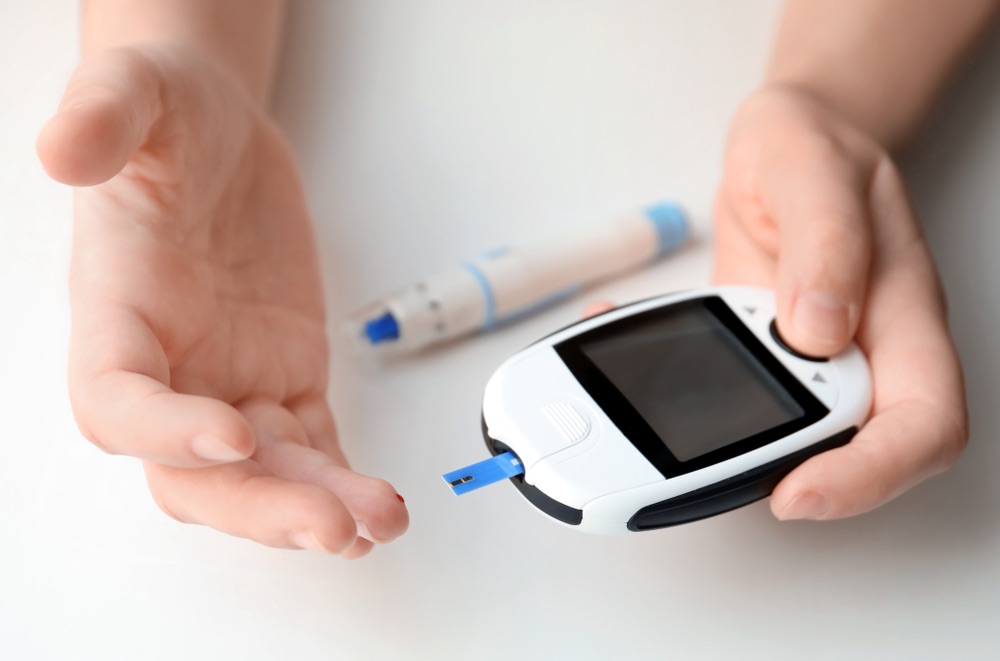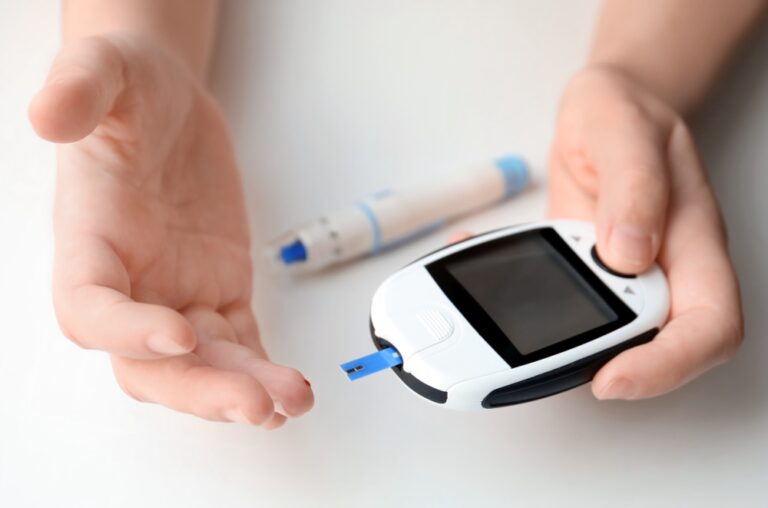
Cardiovascular health is a foundation of overall well-being, and preventive cardiology focuses on safeguarding the heart before problems arise. One of the key strategies in prevention is monitoring blood sugar levels. Understanding and managing blood sugar can contribute to maintaining a healthier cardiovascular system, reducing risks that may arise from imbalanced levels. It can be helpful to explore the role of blood sugar in the body and its connection to heart health.
What is Blood Sugar?
Blood sugar, or blood glucose, is the amount of sugar in the bloodstream. It provides energy to the body’s cells, aiding the proper functioning of various organs and tissues. Glucose is primarily absorbed from the food you eat, particularly carbohydrates, and is regulated by insulin, a hormone produced by the pancreas.
Normal blood sugar levels vary depending on the time of day and when you last ate. For most individuals, fasting blood sugar levels typically range between 70 and 99 mg/dL. Elevated blood sugar, usually defined as levels exceeding this range, can indicate an imbalance in the body’s ability to process glucose.
Prolonged periods of elevated glucose levels can eventually lead to more significant issues, including insulin resistance, which is also a concern in preventive cardiology.
Several factors influence blood sugar levels. Diet plays a central role; high sugar intake and processed foods can increase blood sugar. Physical activity helps regulate glucose levels by enhancing insulin sensitivity. Other factors, such as stress, sleep patterns, and certain medications, can also affect glucose management. Maintaining a balance of these factors is key to stabilizing blood sugar within a healthy range and supporting preventive cardiology efforts.
What’s the Connection Between Heart Health and Sugar?
Elevated blood sugar levels can have a significant impact on cardiovascular health. When glucose levels remain consistently high, they can damage blood vessels and reduce their elasticity. Over time, this can contribute to complications such as high blood pressure and inflammation, both of which stress the heart.
Diabetes, a condition characterized by persistent high blood sugar, is an established risk factor for cardiovascular disease. Even prediabetes or early insulin resistance can increase the risk of developing heart conditions over time. Monitoring and addressing blood sugar levels early on can help reduce such risks.
Staying proactive in blood sugar management is beneficial for protecting heart health. Simple practices can make a meaningful difference. Regularly monitoring your glucose levels with home testing kits or during routine checkups is a great starting point.
Opting for a nutrient-rich diet with plenty of whole grains, vegetables, and lean proteins can help maintain balanced levels. Consistent physical activity, even in moderate amounts, supports better glucose regulation. Also, keeping track of stress levels and getting quality sleep contribute to maintaining healthy blood sugar.
Take Control of Your Heart Health with Preventive Cardiology!
Preventive cardiology encompasses various measures, and blood sugar monitoring is one of the integral aspects of maintaining cardiovascular health. Understanding how blood sugar influences the heart empowers individuals to make informed lifestyle choices. Small actions, such as adopting healthier habits and routinely checking glucose levels, can go a long way in promoting long-term wellness.
For a more tailored approach, consult a healthcare professional who can offer guidance on creating a plan suited to your needs. Monitoring blood sugar today may contribute to a healthier heart tomorrow.
Recommended Articles
DIY Bath Bomb Recipes for a Luxurious At-Home Spa Experience






